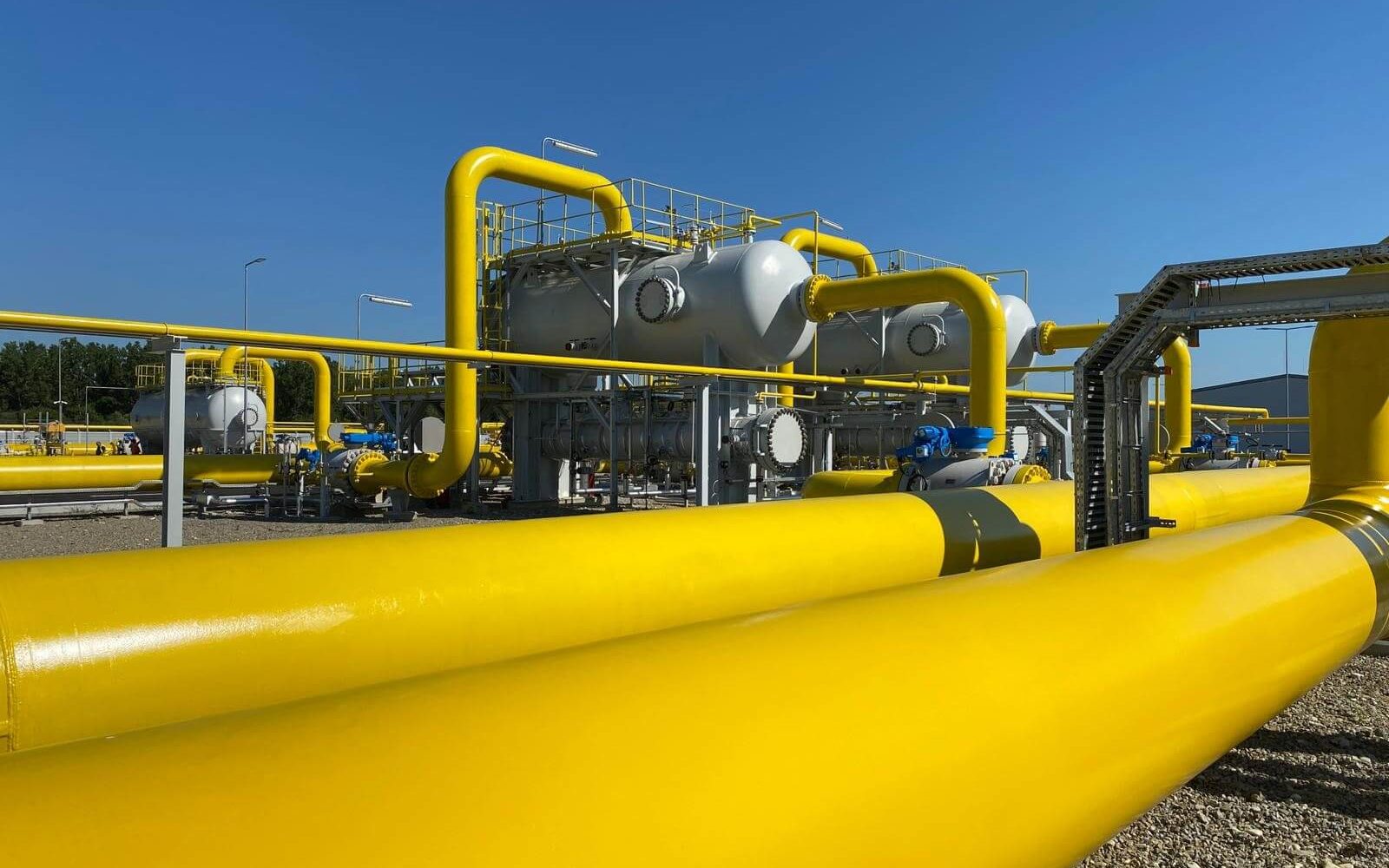Fresh Energy’s Gas Decarbonization program is the first of its kind in the state and will be pivotal to moving toward a future where buildings and industries are powered by clean electricity instead of fossil gas.

For nearly three decades, Fresh Energy has been on the forefront of shaping and driving bold policy solutions around clean energy and climate in Minnesota and the Midwest. While our goals have evolved as the energy landscape has changed over those 30 years, one thing has remained the same: We’re working to ensure our region enjoys good health, a vibrant economy, and thriving communities.

As an agile organization, Fresh Energy has the ability to shape our work based on the very latest energy and climate research, taking into consideration federal and industry trends and the overall public conversation. Building upon our many years of work and leadership, we’re pleased to share that we have launched a new program area: Gas Decarbonization. The Gas Decarbonization program is part of our Energy Transition imperative and will be led by Joe Dammel, Director, Gas Decarbonization. Joe comes to Fresh Energy as a technical policy expert with deep experience working on gas-, energy-, and climate-related policy at the Minnesota Pollution Control Agency, Minnesota Attorney General’s Office, and CenterPoint Energy.
Expanding Fresh Energy’s work on emissions reductions
Thanks in part to Fresh Energy’s work, Minnesota is making vital progress in generating electricity without carbon emissions, moving from coal and gas plants to wind, solar, and other innovative strategies. Decarbonization of transportation—the top source of greenhouse gas emissions in the state and the country—is beginning to show momentum with the success of Clean Cars Minnesota and other initiatives that are electrifying cars and buses in the state. While there is still more work to be done in both of these areas, Fresh Energy can and must tackle other sources of emissions if our state has any hope of reaching a carbon-neutral economy by mid-century.
The past year has marked a critical moment in Fresh Energy’s organizational history as we look toward more major opportunities to decarbonize other sectors in the economy beyond power and transportation. Now, as Minnesota is striving to meet its climate goals, Fresh Energy will add Minnesota’s natural gas sector to our decarbonization portfolio—a move that aligns with our new Strategic Framework announced in 2020.

The building and industrial sectors in Minnesota have experienced the highest rate of increase in greenhouse gas emissions in the state, according to the Minnesota Pollution Control Agency’s 2021 Greenhouse gas emissions inventory. Since 2005, Minnesota has seen a stunning 32% increase in greenhouse gas emissions for residential buildings, 15% for commercial buildings, and 17% from industry. In larger cities, where we see the greatest use of fossil gas for space heating in Minnesota, we are even seeing emissions from fossil gas in buildings outpace emissions from electricity. Fresh Energy has worked for years to improve Minnesota’s building codes, which guide the energy efficiency requirements of newly-constructed buildings, but this growth in emissions is a clear indication that these efforts aren’t enough on their own. We must address the underpinning issues of fossil gas consumption in buildings and the industrial sector, the carbon footprint of natural gas infrastructure systems, and the continuing expansion of the natural gas system as a whole.
Minnesota has a decades-long policy of promoting the expansion of the natural gas system to connect new customers and thereby increase the amount of fossil gas that is burned in the state year after year. Since these assets are so long-lived, the decisions made on expanding the natural gas system today will have implications for decades into the future. Additionally, the price of fossil gas remains artificially low as a result of long-lived federal subsidization, the scale of which has not similarly benefitted clean electricity prices. Now is the time to stop investing in fossil gas, which is a significant source of greenhouse gas emissions and also causes respiratory and other public health concerns. Until now, there has not been a policy lever to shine a light on the impacts of continuing our gas-focused system.
In contrast, investor-owned electric utilities are required to present and seek approval from the Minnesota Public Utilities Commission for their planned resource acquisitions and distribution upgrades. These processes, known as Integrated Resource Plans and Integrated Distribution Plans, allow Minnesotans and experts to examine, question, and inform investment decisions and have led to major shifts away from fossil fuels, which can’t compete based on economics. Currently, there is no similar process for public and regulatory scrutiny of gas and dual-fuel utilities serving Minnesota.
Gas decarbonization work is crucial to reducing carbon emissions and increasing health outcomes
As emissions from fossil gas continue to increase, Minnesota has reached an important inflection point and we must determine the role that fossil gas will play into the future. However, Minnesotans cannot make an informed decision on this issue without a clearer understanding of how gas and dual-fuel utilities make their operations and investment choices. We have that same information from electric utilities and we must take action to require the same level of transparency and scrutiny for gas and dual-fuel utilities serving our homes, businesses, and industry in Minnesota.
At this time when we’re fighting to reduce greenhouse gas emissions and improve public health, we must utilize all the tools at our disposal. While the burning of fossil gas is detrimental to the health of all Minnesotans, it’s especially harmful for children, the elderly, rural and under-resourced communities, and people of color in Minnesota. Now is the time to start to examine how we are regulating gas utilities to better bring them in line with greenhouse gas reduction and clean air goals.
Work is underway to better understand the role of gas in Minnesota
The recent passage of the Natural Gas Innovation Act required that the Minnesota Public Utilities Commission open a “Future of Gas” docket by August 1, 2021, to evaluate changes to natural gas utility regulatory and policy structures needed to meet or exceed the state’s greenhouse gas emissions reduction goals. While Minnesota is the first state in the Midwest to implement such a docket, we join at least four other states including Colorado, Massachusetts, New York, and California, with similar proceedings.
The Future of Gas docket presents a golden opportunity for Minnesota. Work is already underway at Fresh Energy and Joe, along with the Energy Transition team, is in the process of forming and mobilizing a diverse coalition of partners to engage on the docket. Fresh Energy and our partners are excited to maximize the major opportunities for decarbonization presented by the Future of Gas docket and drive equitable, transformational change in Minnesota.
